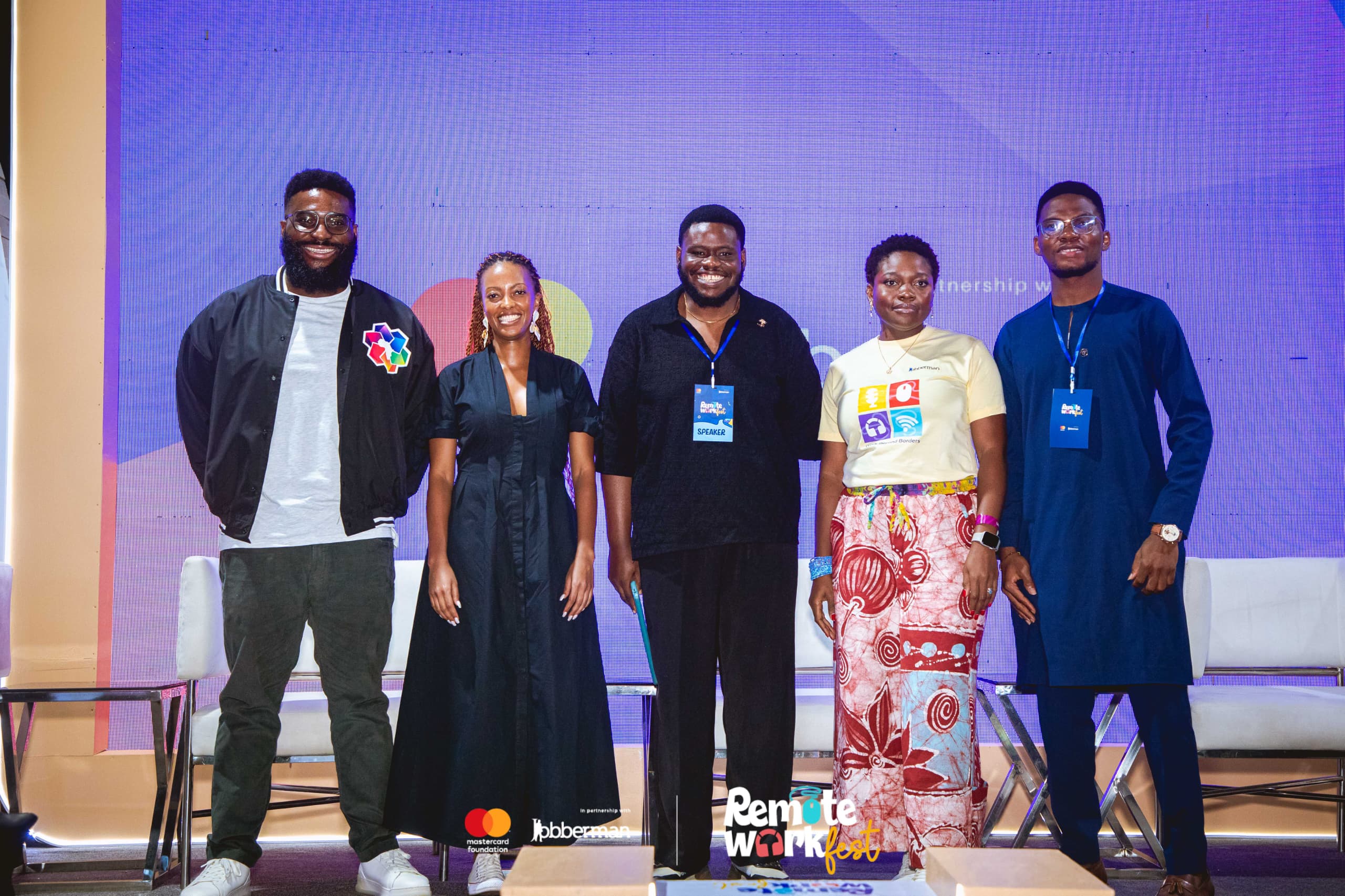
In life, the fellow who never makes a mistake takes his order from the one who does! The purpose of every mistake is to place a demand on our creativity and ingenuity. Mistakes don’t reduce your value, they actually elevate your thinking.
Mahatma Gandi said, “Freedom is not worth having if it does not include the freedom to make mistakes”. Whether in relationships, organizations or businesses, we must create the atmosphere for people to make mistakes and learn from it. The consoling truth is that mistakes are the only infallible evidence that we are human and also that we are learning. You don’t just learn from your mistakes, you can also earn from your mistakes. I help youths make their mistakes profitable!
Robert Kiyosaki said, “In school, we learn that mistakes are bad, and we are punished for making them. Yet, if you look at the way humans are designed to learn, we learn by making mistakes. We learn to walk by falling down. If we never fell down, we would never walk.”
All mistakes are learning opportunities. Any learning process that does not accommodate making mistakes will always short-circuit the learners’ capacity for growth and innovation. People that avoid making mistakes don’t grow.
Abraham Lincoln said, “The man who is incapable of making mistakes is incapable of anything”. When we were in school, the smartest people are always those that don’t make mistakes in class. I’m sure you remember them, they always get the good grades and sometimes even 100%! As time goes on, you suddenly realize that the real smart people are actually those that make enough mistakes and learn from them. In real life, the one who falls and gets up is so much stronger than the one who never fell. Making mistakes is an integral part of success. Anyone who has never made a mistake has never tried anything new. The only real mistake is the one from which we learn nothing.
As a youth empowerment specialist, I have observed over the years that one of the most stable ways of empowering youths is giving them the room to make mistakes and learn from it. Any atmosphere that antagonizes making mistakes will ultimately short-circuit the ability of people to learn and grow.
Albert Einstein said, “Anyone who has never made a mistake has never tried anything new”. When we blamestorm, we ultimately kill people’s ability to innovate. Mistakes and errors can become springboards to greater heights if we take ample time to brainstorm instead of blame-storming on them.
Henry Ford said, “Failure is simply an opportunity to begin again, this time more intelligently.” We are not perfect, we have flaws, and we make mistakes. These characteristics do not make us worthless, they make us worthy. Mistakes are an integral part of the learning process.
When we create an atmosphere that allows and accommodates making mistakes and growing from it, great innovations are born. One of my most inspirational stories is about the way and manner Procter and Gamble was launched into limelight in the most amazing of ways.
It is amazing how an act of mistake could launch a company into global limelight. One of the products that launched Procter and Gamble into unprecedented limelight is the Ivory soap.
In 1878, an employee of P&G went for a lunch break and forgot to turn off the equipment that was mixing the soap. On his return, he realized that his great blunder had trapped so many air bubbles into the soap mixture. In a bid to hide his error from his employer, he quickly poured the mixture into frames, allowed it to dry, cut and packaged, and his ‘error soaps’ were shipped.
A few weeks later, the company began receiving letters from customers asking for more orders of the magic soap that floated. When appreciative letters began to come in about the new initiative of a floating soap, the management started investigating whose idea it was! The man responsible for this was called up and asked to tell the management what he did to produce the magic soap.
He told them everything and instead of getting a sack letter, he was given an unimaginable pay rise and promotion for his ‘error’. Instead of being fired, it was his salary that was fired up!
P&G ordered the extended mix time as a standard procedure. Most of the orders were actually coming from factory workers. The reason being that the workers normally wash-up themselves inside vats of standing water which gradually becomes murky with time. To the workers, bars of soap that floated were easier to find when dropped. Through brainstorming, a manufacturing mistake led to a great opportunity: the creation of Ivory Soap. Ivory’s first slogan “it floats!” was introduced in 1891. P&G is sometimes called “Ivory Towers” and its factory and research center in St. Bernard, Ohio, is named “Ivory dale”. Sometimes, greatness is found in the unusual of places-in our errors.
Blamestorming has destroyed countless relationships, organizations, partnerships, businesses, families and marriages. Whether in the workplace, at home or in church, we must create an environment that disallows blame-storming. We must inculcate the culture of brainstorming. Even the Almighty believes so much in brainstorming as it is stated in Isaiah 1:18: “Come now, and let us reason together, saith the Lord”. God enjoys the company of people that brainstorm; it is the culture in heaven. People that will go far and fast in life are those that believe in the efficacy of brainstorming. Blame-storming depletes heaven’s resources at our disposal while brainstorming opens our eyes to heaven’s provisions.
Take conscious effort to stay away from people that have penchant for criticizing others. The habit is contagious, so you may need to distance yourself away from fault-finders. Whenever people are blaming others or situation, always take a U-turn and take responsibility. It will always set you apart from the rest.
If you are a leader having people under you, make it a rule that anyone that comes with a complaint or problem must also come along with at least two solutions to it. You will be amazed at how this can change your organization. Train people under you to have keen eyes not only for problems but solutions. I recommend a book that has actually made me better in managing people effectively as a leader. It is “The One Minute Manager” by Ken Blanchard and Spencer Johnson. Read thoroughly and digest it.
Finally, I want to reach out to parents. Parents must nurture the capacity of their wards to reach emotional equilibrium in the face of mistakes, unanticipated change, unexpected disappointment and other life’s adversities. This would develop their sense of responsibility and ability to manage situations effectively. We need more critical thinkers, not mechanised robots.
The greatest gift parents can ever give to their children is to provide them with a platform to be themselves. Allow them to make their own mistakes and learn from it. Be a good and empathic listener to your children. Do not dominate conversations when you are talking with your children. Parents must be mature enough to expose their children to life situations that will shape them for the future. A smooth sea never made a skilful sailor.






